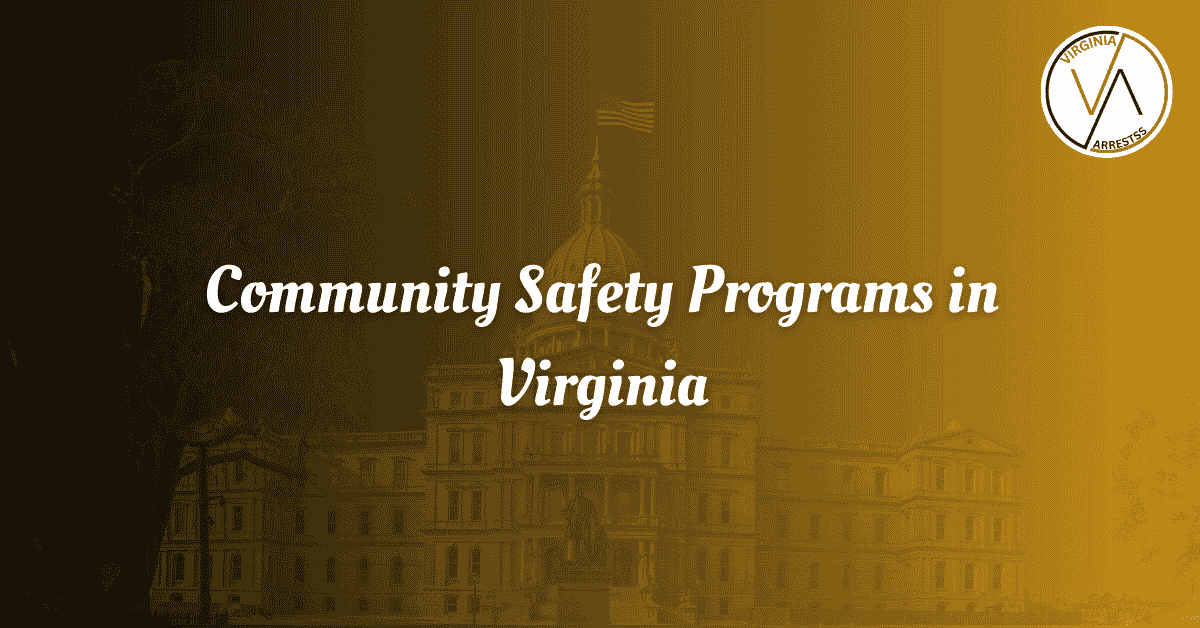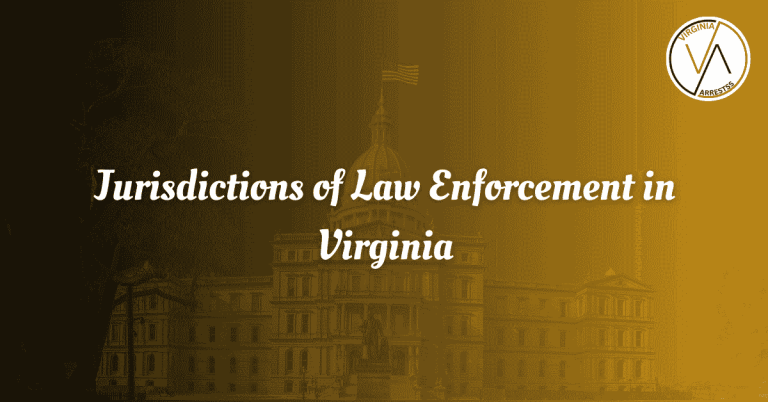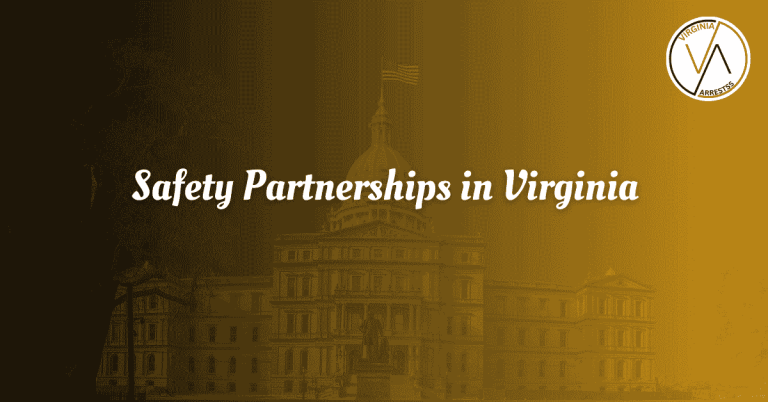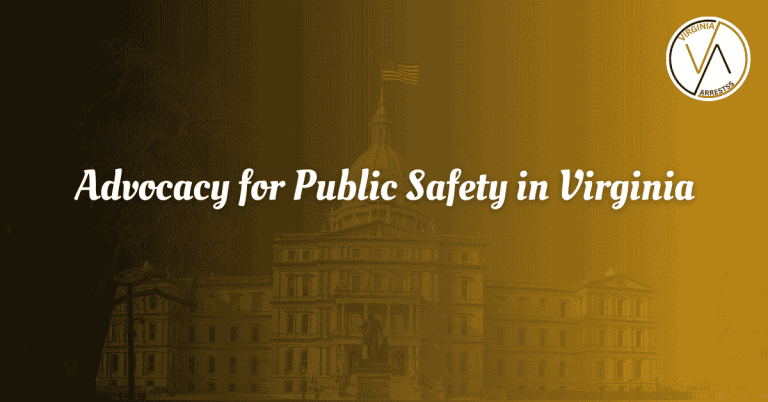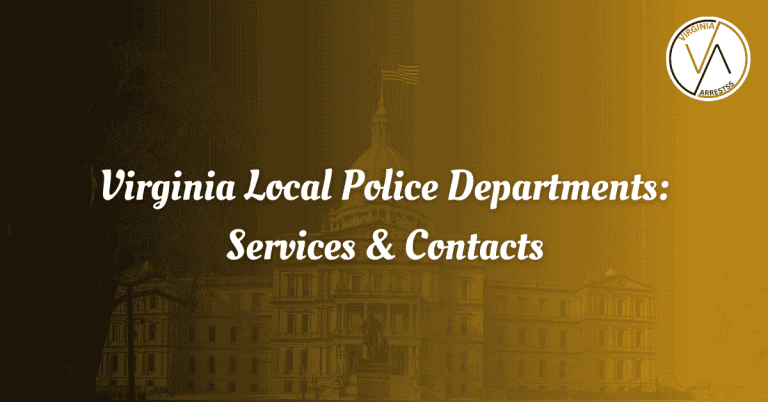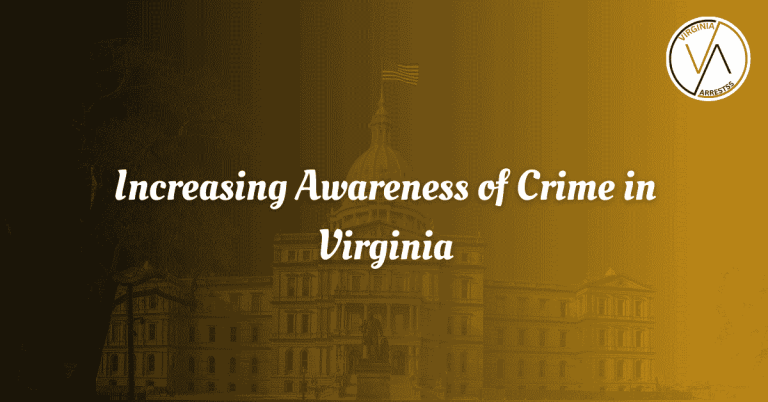Community Safety Programs in Virginia
Community safety programs in Virginia play a crucial role in ensuring the well-being and security of residents across the state. These initiatives are designed to address various safety concerns, ranging from crime prevention to emergency preparedness. By promoting proactive measures and fostering collaboration between law enforcement agencies and communities, these programs strive to create a safer environment for all individuals.
Through a combination of educational resources, outreach efforts, and strategic partnerships, community safety programs in Virginia aim to empower citizens with the knowledge and tools needed to protect themselves and their neighborhoods. By raising awareness about potential risks and providing practical guidance on how to respond to emergencies, these initiatives help build a culture of safety and resilience throughout the state. Whether through neighborhood watch programs or disaster preparedness workshops, these efforts are essential in safeguarding the welfare of Virginia’s residents.
Overview of Community Safety Programs in Virginia
Community safety programs in Virginia play a crucial role in ensuring the well-being and security of residents across the state. These initiatives focus on implementing strategies and measures to prevent crime, promote safety, and build a stronger sense of community among individuals. By fostering collaboration and engagement, these programs aim to create a safer environment for all Virginians.
Importance of Community Safety Initiatives
Community safety initiatives in Virginia are essential for maintaining law and order, reducing crime rates, and enhancing the quality of life for residents. These programs address various safety concerns and empower individuals to take an active role in safeguarding their communities.
Collaborative Approach to Enhance Safety
Community safety programs in Virginia emphasize a collaborative approach involving law enforcement agencies, local government officials, community organizations, and residents. By working together, these stakeholders can identify safety issues, develop effective solutions, and implement preventive measures to enhance overall safety.
Diverse Range of Safety Programs Offered
Virginia offers a diverse range of safety programs tailored to meet the unique needs of different communities. These programs cover a wide array of topics, including crime prevention, emergency preparedness, neighborhood watch initiatives, and youth engagement activities.
Empowering Individuals through Awareness and Engagement
Community safety programs in Virginia focus on empowering individuals through awareness campaigns, educational workshops, and community engagement activities. By educating residents about safety measures and encouraging active participation, these programs help foster a culture of safety and responsibility.
Building a Strong Foundation for Safety
Community safety programs in Virginia aim to build a strong foundation for safety by promoting cooperation, communication, and trust among community members. By establishing strong relationships and fostering a sense of unity, these programs create a supportive environment conducive to safety and well-being.
Neighborhood Watch Programs for Local Safety
Neighborhood watch programs are a cornerstone of community safety initiatives in Virginia. These programs involve residents working together to monitor and report suspicious activities, deter crime, and enhance the overall security of their neighborhoods. By fostering a sense of community vigilance, neighborhood watch programs contribute to a safer living environment for all.
Youth Engagement Initiatives for Future Security
Youth engagement initiatives in Virginia focus on empowering young people to become active participants in promoting safety and security within their communities. These programs offer educational opportunities, leadership development, and mentorship to help youth build essential skills and contribute positively to society.
Continuous Efforts for a Safer Virginia
Community safety programs in Virginia are committed to ongoing efforts to create a safer state for all residents. By continuously evaluating and improving safety measures, collaborating with stakeholders, and engaging with the community, these programs strive to make Virginia a secure and welcoming place to live, work, and thrive.
Frequently Asked Questions
Find answers to common queries about Community Safety Programs in Virginia below.
What are Community Safety Programs?
Community Safety Programs are initiatives designed to enhance public safety and security within local neighborhoods through collaborative efforts between law enforcement agencies, community organizations, and residents.
How do Community Safety Programs benefit communities?
Community Safety Programs help strengthen relationships between law enforcement and the community, improve crime prevention strategies, foster trust and cooperation, and enhance overall safety and well-being for residents.
What types of Community Safety Programs are available in Virginia?
In Virginia, there are various types of Community Safety Programs, including neighborhood watch programs, community policing initiatives, youth outreach programs, crime prevention councils, and victim support services.
How can I get involved in Community Safety Programs in Virginia?
To get involved in Community Safety Programs in Virginia, you can contact your local law enforcement agency, community center, or nonprofit organization to inquire about volunteer opportunities, training sessions, or neighborhood safety initiatives.
Are Community Safety Programs effective in reducing crime rates?
Research has shown that Community Safety Programs can be effective in reducing crime rates by promoting community engagement, increasing awareness of safety issues, improving communication between residents and law enforcement, and implementing proactive crime prevention strategies.
What’s out there for communities keen on launching safety programs?
Communities interested in starting their own safety programs can access resources such as training materials, funding opportunities, best practices guides, and technical assistance from local government agencies, nonprofit organizations, and national safety associations.

